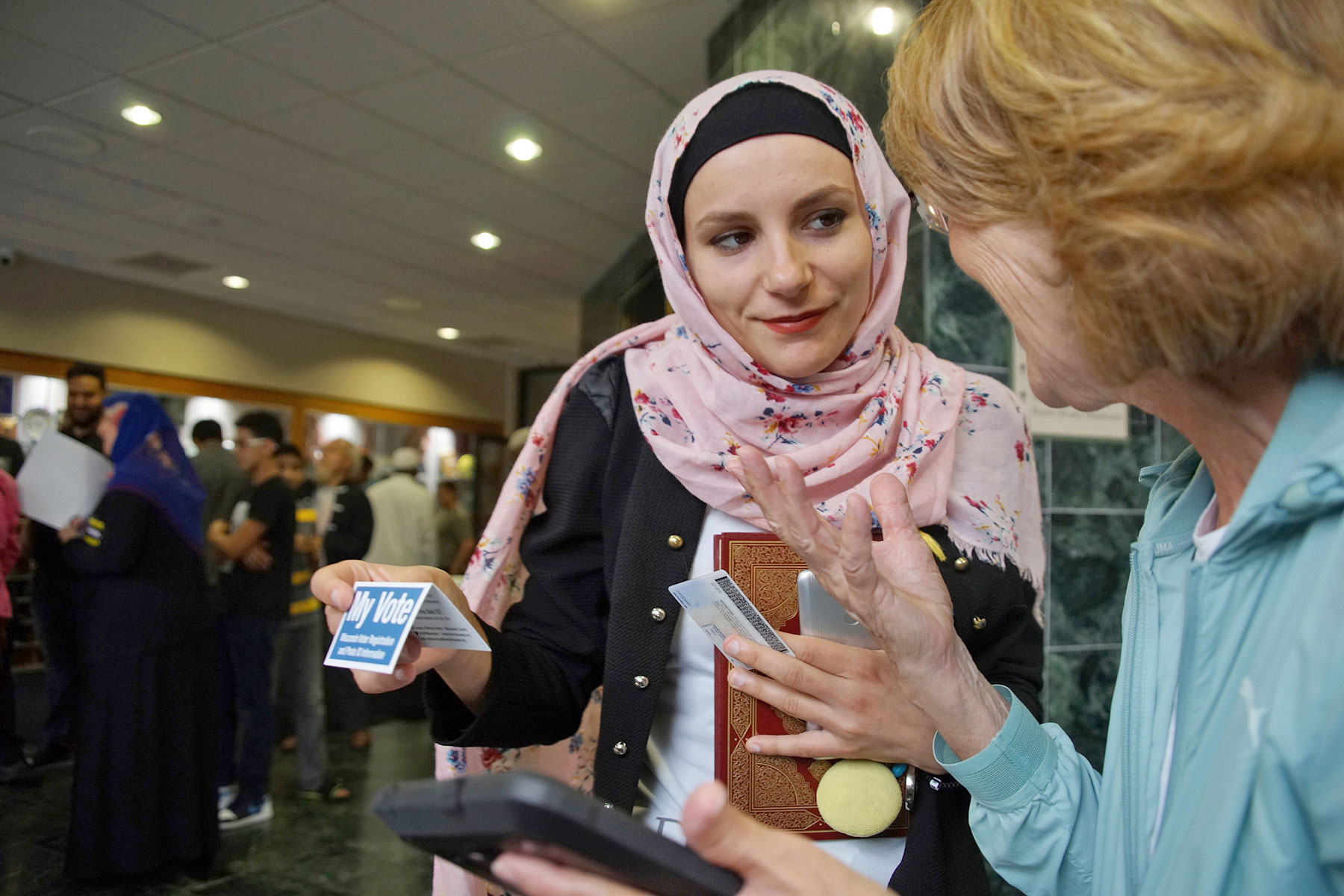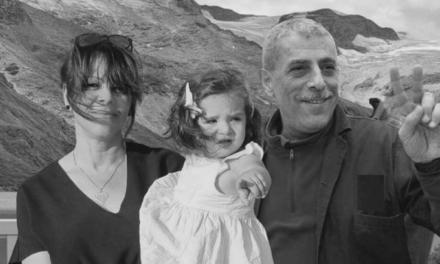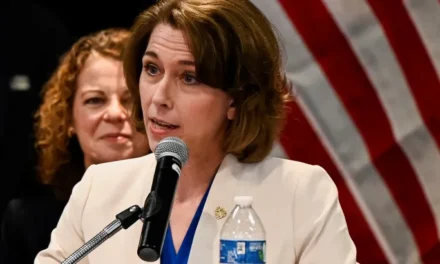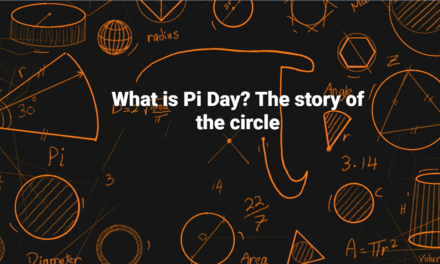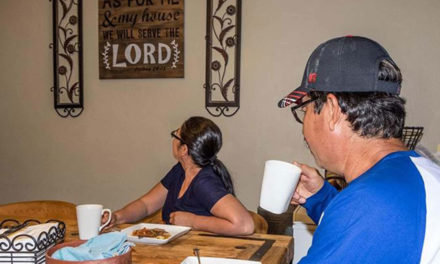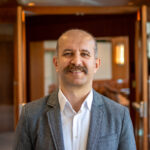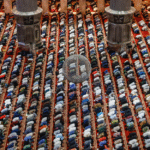Nick Martin as “Democrats Need to Decide Whether They Care About Muslim Voters” for The New Republic
Wisconsin Muslim Journal
The year was 2000. Hillary Clinton was running for one of New York’s two Senate seats, and she had a choice to make.
On the final weekend of October, with the general vote less than two weeks away, the Daily News published a piece highlighting campaign donations made by dozens of members of two American Muslim political organizations. “ISRAEL FOES GIVE HIL 50G,” the headline read.
Phone calls from reporters began flooding the Clinton campaign team’s lines. Among the claims being made was one that Agha Saeed, the president of the American Muslim Alliance and a Clinton donor, made comments supporting Palestinian armed resistance against Israeli occupying forces. Saeed, a professor at the University of California at Berkeley, easily clarified the intent of his statements when contacted by The New York Times.
“I support the peace process,’’ Mr. Saeed told the Times. “But people living in this country who are citizens have the right to criticize the Israelis. I insist upon having that right. If they kill people, we are going to criticize them.’’
But by the time Saeed had an opportunity to explain himself, it was too late. Clinton’s opponent, Republican Representative Rick Lazio, called the donations “blood money,” and, fearful of the blowback, specifically from the Jewish community, Clinton denounced Saeed’s comments and began returning upward of 100 checks from all Alliance members, not just Saeed.
Sixteen years later, Clinton found herself facing Bernie Sanders in the Democratic primaries for the presidency, and was dealt a surprising defeat. Against the predictions of then-heralded mainstream pollsters, Sanders claimed the primary in Michigan by 1.5 points.
As analysts rubbed their eyes and took a closer look at Sanders’s Michigan ground game, they realized he had claimed a crucial bloc of American Muslim voters. His campaign had run ads in Arabic and made an effort to be visible and present in their communities through multiple campaign speeches in the area; on the trail, Sanders had repeatedly expressed support for Syrian refugees and had recruited young voters in the community as volunteers. Contrasting his anti–Iraq War stance with that of Clinton’s support, he ultimately convinced voters in Dearborn, a Michigan city with the highest concentration of Arab Americans in the nation, to choose him over Clinton by 20 points, with victories upward of 50 points in the districts where the population was 90 percent Muslim. After gaining the nomination, Clinton ultimately lost Michigan in the general election to Donald Trump by just 10,704 votes. Today, it is considered one of the key losses that helped hand the White House back to the GOP.
Strangely, the Democratic Party still doesn’t seem to have learned its lesson. So far, in the early stages of the 2020 race, candidates have finally started to focus on other underappreciated groups, such as Native voting populations in swing states. And yet, three years into the sitting U.S. president routinely spewing Islamophobic rhetoric to the masses, the conversation around Muslim issues has only grown murkier, more dangerous, and—when it comes to the current crop of Democratic presidential candidates—unnervingly quiet.
Last weekend, the Islamic Society of North America held its fifty-sixth annual conference in Houston. Headlined by The Daily Show host, Trevor Noah, every presidential candidate polling at 1 percent or higher was invited to speak at the event. Only Sanders and former Housing and Urban Development Secretary Julián Castro showed up.
